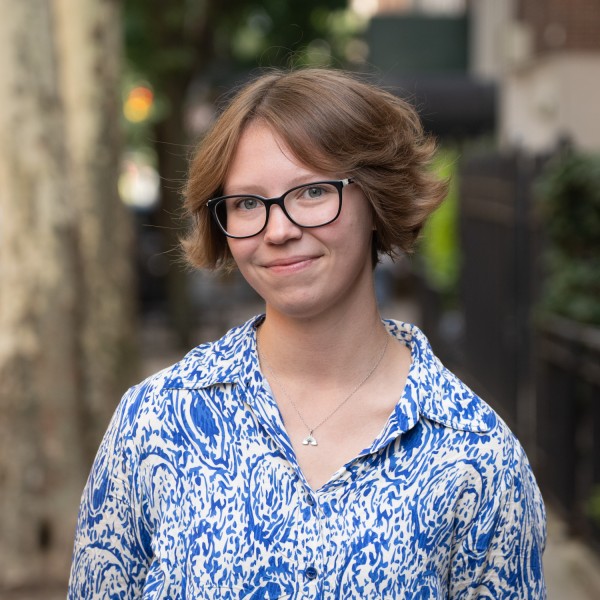My most anticipated class of the semester was my multimedia journalism class. As someone who is always writing for WSN, I was excited to delve into a different kind of journalistic practice. However, my excitement was stifled by the realization that I would have to pay $155 for camera insurance, $75 for a hard drive and $20 a month for Adobe Premiere Pro — that’s $250 out of my pocket right at the start of the semester.
Journalism students aren’t the only ones with this problem. Film students at Tisch have to pay additional course fees amounting to $879 per semester, and Steinhardt Studio Art students also have to pay pricey fees. We already pay the university tens of thousands of dollars in tuition, so why can’t NYU cover added fees that are a burden on students but would have almost no impact on its budget?
“School-based fees are intended to pay for specific costs associated with certain courses that fall outside of the general tuition,” NYU spokesperson Joseph Tirella wrote to WSN. “Currently, the university is not changing how school-based fees are assessed.”
Varying course fees mean that students must consider what courses they can afford to take, rather than have all courses available to them at the set cost of tuition. Camera insurance may be mandatory for some journalism students, while students enrolled in art classes can pay upward of $290 in additional studio fees, as indicated in the course notes section on Albert for some classes. Having tuition dollars cover these fees would ensure that students aren’t forced to choose between their academic interests and what they can afford any more than they already have to.
I have to be strategic about what journalism courses I have to take, even when I shouldn’t have to, because of the extra financial burden. This approach not only promotes an inclusive learning atmosphere but also aligns with the growing demand for more affordable higher education. For instance, students could enroll in courses they might have previously deemed financially prohibitive, like studio art classes that can cost $360 for non-art majors, and do something they are passionate about without worrying about their wallet.
While this may seem like an ideal proposal on the surface, there is always the worry that a change would just be reflected in higher tuition costs. Combining course fees and tuition could lead to a lack of transparency in the division of costs, and students enrolled in courses that don’t have extra course fees might not want to run the risk of paying money that they could have otherwise saved. If NYU were to remove course fees only to increase the cost of attendance for everyone, the university would be saying that it values what is to it an insignificant amount of money over the academic and financial well-being of its students.
NYU could, at the very least, give students a fair warning of what additional costs taking a course might entail. Having course fees clearly and visibly displayed next to courses across the university’s websites would be a good start, that way students aren’t unpleasantly surprised by hundreds of dollars in insurance fees on the first day of class. If students know what they’re getting themselves into, they at least don’t run the risk of going over budget and having to sacrifice their needs to pay for course fees. As a Gallatin student with a concentration in journalism, I didn’t anticipate having to pay so much extra cash this semester. This is ultimately taking from my savings for staying in the city, as well as scoring a sustainable internship this summer.
While course fees might seem like a relatively small issue, their far reach can have a large and unintended impact that limits study opportunities only for students who can’t afford them. If NYU wants to champion equal access to education, this is one of the more financially-feasible ways for it to do so.
WSN’s Opinion section strives to publish ideas worth discussing. The views presented in the Opinion section are solely the views of the writer.
Contact Molly Koch at [email protected].
























































































































































